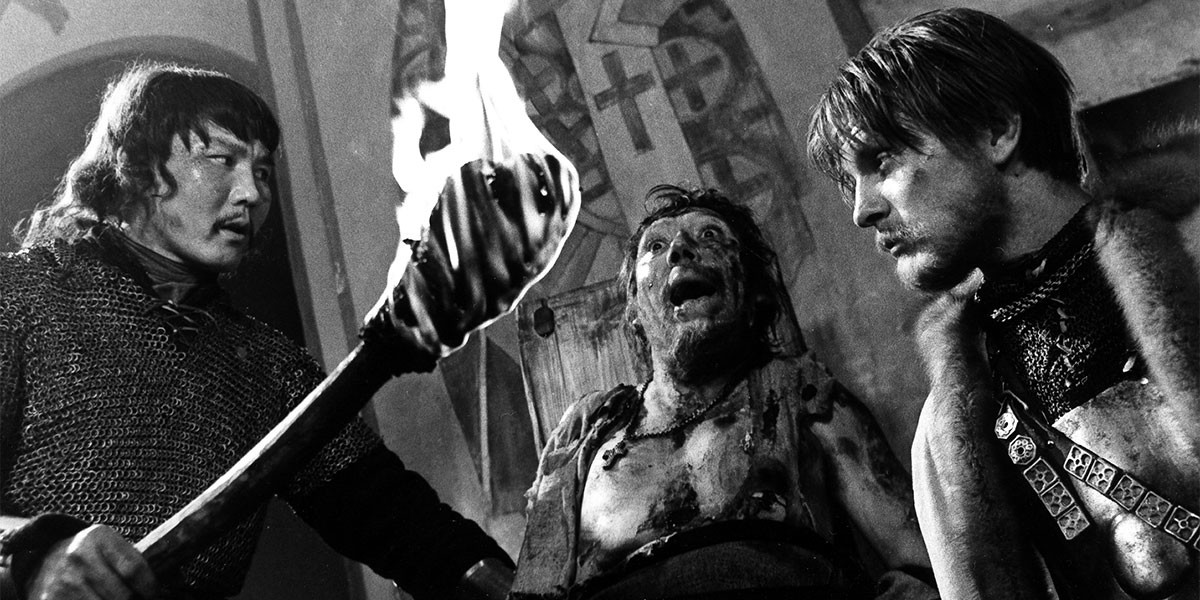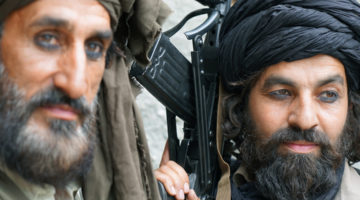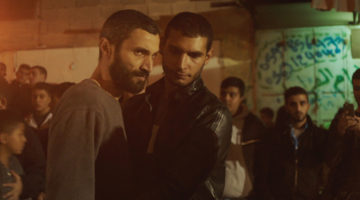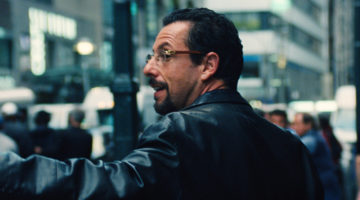The Poetry of Apocalypse: The Films of Andrei Tarkovsky
The first Toronto retrospective in 15 years comes to the Lightbox
From November 9th to 30th, the TIFF Bell Lightbox will be hosting a retrospective of the films of Russian director Andrei Tarkovsky. Though his career spanned nearly three decades, including work with cinematographer Sven Nyquvist and filmmaker Chris Marker, Tarkovsky is best known for his 1970’s sci-fi classic, Solaris. Solaris will be featured in the retrospective, but the series, which will show all of Tarkovsky’s features as well as a short and a documentary on him, has a few more highlights, including:
Andrei Rublev (1966)
Tarkovsky’s three and a half hour epic biopic charts the life of the eponymous icon painter. Rublev (Anatoly Solonitsyn), a monk, treks through medieval Russia while encountering various factions of society, from peasants to pagans, ruminating upon questions of religion, existence, and art. The historical depiction is gloriously harsh, never shying away from the filth and grime which seems to coat every surface, nor the suffering, hunger, and cold which plagues the people Rublev encounters. But while showing the muddy struggle of the Middle Ages, the film offers beautiful black-and-white cinematography, lending a velvety softness to the starkly despairing images. With touches of the near-surreal (such as a hot air balloon opening scene), as well as a good deal of dramatic turmoil, punctuating the realism of the film, Andrei Rublev more than merits its rather long runtime.
Stalker (1979)
Another science fiction outing from Tarkovsky, Stalker focuses on the journey to an elusive Zone where a person’s desires will be fulfilled. The film, at just over two hours and forty minutes, and shot with multiple long takes, is patient rather than slow, allowing for the sticky tension of the journey to the Zone, the physical and emotional strain of the journey, to come through at its own pace. But while the story and themes are a fascinating continuation of the ideas Tarkovsky would be interested in throughout his career, it is the beauty of the landscape which stands out most, with marshes, dunes, and old factories which seem almost unreal.
The Sacrifice (1986)
Tarkovsky’s last film, The Sacrifice takes place in the isolated island home of patriarch Alexander (played by Erland Josephson, a regular in Ingmar Bergman films). Under the threat of nuclear war, Alexander vows to God to give up his possessions, home, and family, sacrificing them all for safety. Awakening to that very safety, he must act upon his promise. Meditating upon Tarkovsky’s usual interests in religion, existentialism, and their impact on the individual and their relationships, The Sacrifice contains the director’s trademark themes and psychology, but more remarkable are the visuals. The poetic languor of of Tarkovsky’s camera as it viscerally captures the cold, damp island lends itself to the film’s dream-like aura, which makes all the more shocking moments of great distress and violence. Presenting the sluggish, startling beauty of his film while snapping himself out of it to question his narrative, The Sacrifice is the perfect culmination of Tarkovsky’s work, displaying the director’s skill for magnificently slow visuals and emotional intensity at their best.





